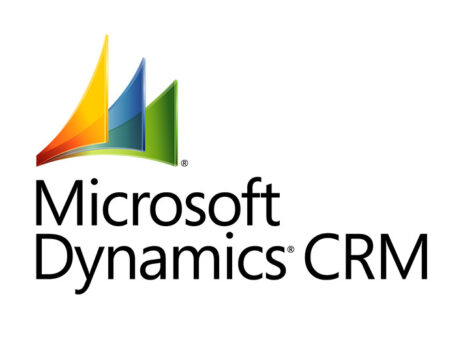🚀 Staying ahead in SAP: Certification is no longer optional
At Expert Links, we strongly believe that validated skills are the foundation of trust in SAP delivery. Therefore we would like to emphasize the SAP 2025 Initiative “A Mutual Commitment to Skill Validation for Agile Success.” marks the beginning of a roadmap for formal certification requirements and is now in full swing: By the end of 2025, over 50% of SAP professionals are expected to hold at least one active certification. The first major milestone is this July. Certification is becoming a key differentiator — for employers, clients, and headhunters. We understand that preparing for an SAP certification requires significant and focused effort. Some believe that simply attending an instructor-led training...










